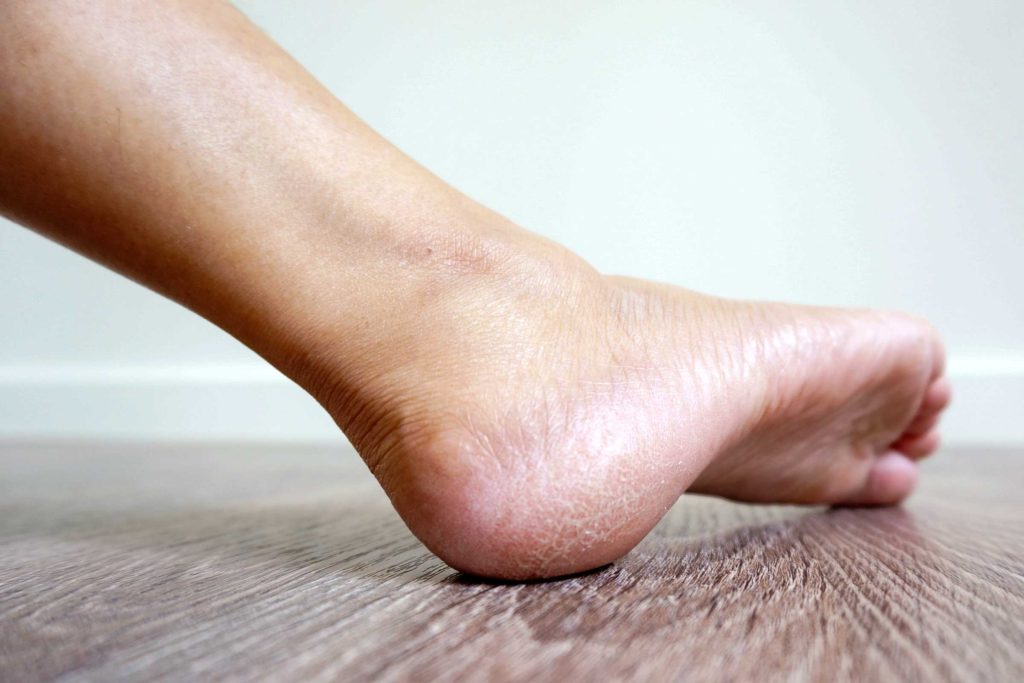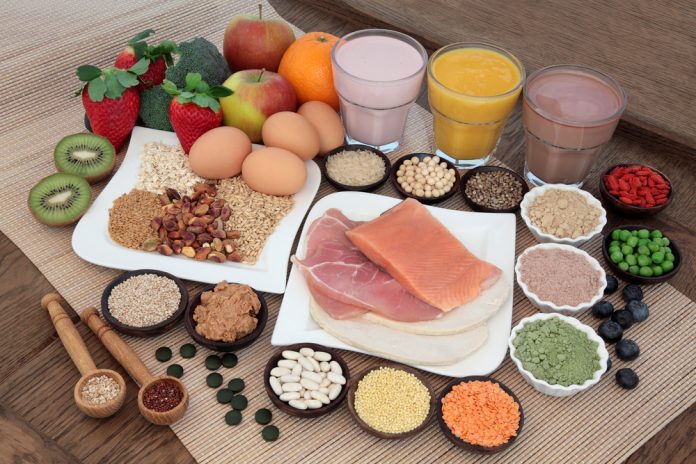Proteins are essential to keep the body running. These are long chains of amino acids, which are important molecules necessary for various bodily functions. Read more Signs that you do not eat enough protein
Protein is a component of every cell in your body. The body uses it to build and repair tissue; Make enzymes, hormones and other chemicals from the body; And help build bones, muscles, cartilage, skin and even blood.
Unlike carbohydrates and fat, your body does not store protein. So you need to eat protein-rich foods regularly to give your body a good supply of this vital nutrient.
Protein comes from a variety of sources, including meat, milk, fish, soy and eggs, as well as beans, legumes and nut butter. During digestion, the proteins leave behind the amino acids that the body uses.
Health experts recommend getting about 10 to 30 percent of your daily calories from protein. The recommended dietary allowance for the grams of protein an adult needs each day is as follows:
- Women (aged 19-70 years): 46 grams.
- Men (ages 19 to 70 years): 56 grams.
If you do not eat the recommended amount of protein, this can affect all your body parts, from your hair to your nails.
Table of Contents
1. Muscle Weakness
Sudden weakness or muscle pain can mean that your diet does not have the recommended amount of protein.
Protein is the fuel for your muscles, so your muscles suffer greatly when your body lacks protein. This can be a concern, especially for men as they get older. Men can undergo a natural loss of muscle mass due to aging, and they can lose even more muscle if they do not eat enough protein on a daily basis.
Your body breaks down protein-rich tissues for your muscles to use. Thus, the initial effect of low protein intake is muscle wastage, accompanied by increasing weakness. Gradually, a diet low in protein can result in loss of lean muscle mass.
In addition, protein plays an essential role in how your body absorbs other essential nutrients, such as iron and calcium. These two nutrients are important for the overall health of the muscles and joints.
2. Poor Hair Health
Your hair is mainly composed of a protein known as keratin, and this mineral is important for hair health.
Protein is the building block of all your cells, including your hair follicles. In fact, each strand of hair requires a sufficient dose of protein to grow.
So when you do not get enough protein, your body begins to conserve the low protein it holds by limiting the production of protein. This, in turn, causes hair loss.
In addition to hair loss, your hair is also likely to become dry and fragile.
 3. Fluid Retention
3. Fluid Retention
Edema or fluid accumulation, especially in the lower body, is another sign of poor protein intake.
Protein plays an important role in preventing fluid from accumulating in the tissues, especially in the feet and ankles, by holding salt and water in the blood vessels.
Without enough protein, these fluids can seep into the surrounding tissues and lead to swelling in the legs and feet, which can be very uncomfortable.
You can tell yourself that you are experiencing swelling due to fluid retention if the stretched or shiny skin retains a fingerprint after being pressed for a while.
4. Lowered Immune Functioning
A low protein level in your diet can make you more susceptible to diseases.
Protein helps maintain your immune system functioning properly, as immune cells are mostly made up of proteins.
Proteins make up white blood cells, antibodies, blood proteins and a variety of immune molecules, including interleukins and cytokines. They all work together to attack foreign invaders, biological and chemical.
Insufficient dietary protein can compromise your body’s ability to produce enough immune molecules and weaken your immunity. This can lead to more frequent and severe infections or diseases.
5. Brain Fog
A foggy brain, or short bursts of mental energy followed by fog, may be linked to fluctuating blood sugar levels and lack of protein.
Protein is important for many aspects of healthy neurological functioning. In fact, brain fog, poor concentration, lack of motivation and learning problems can indicate a low level of protein in the body.
Lack of protein can lead to a poor balance of neurotransmitters, including dopamine, epinephrine, norepinephrine and serotonin. Neurotransmitters are synthesized in the brain using amino acids, the building blocks of proteins.
A sufficient amount of protein in your diet can boost job performance as well as learning and motor skills, while inadequate protein intake can do the opposite. In fact, an amino acid deficiency can result in a variety of mood disorders, including depression and anxiety.

